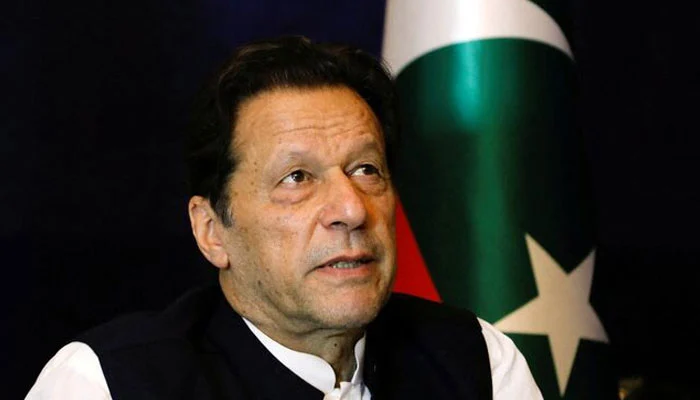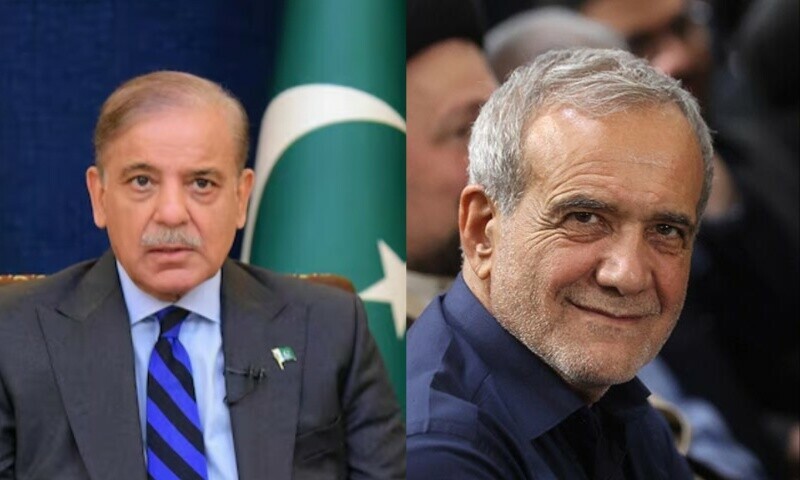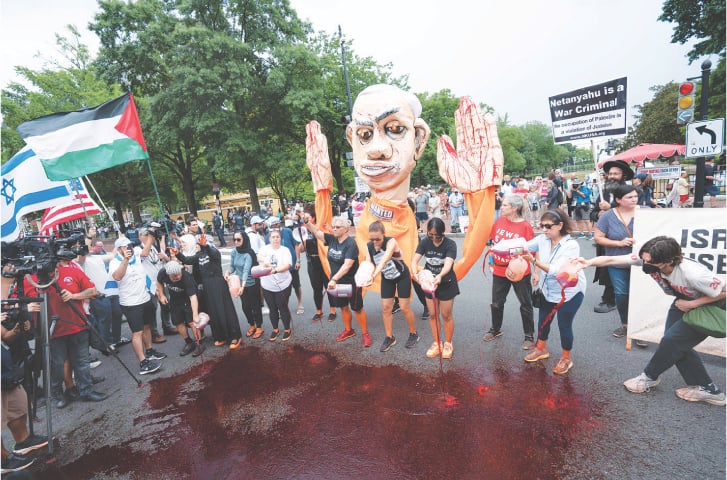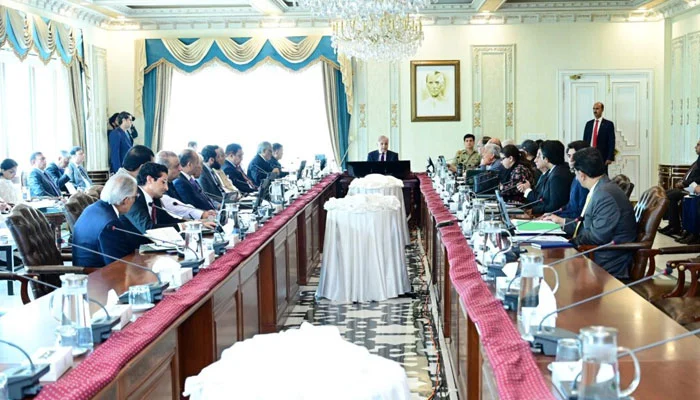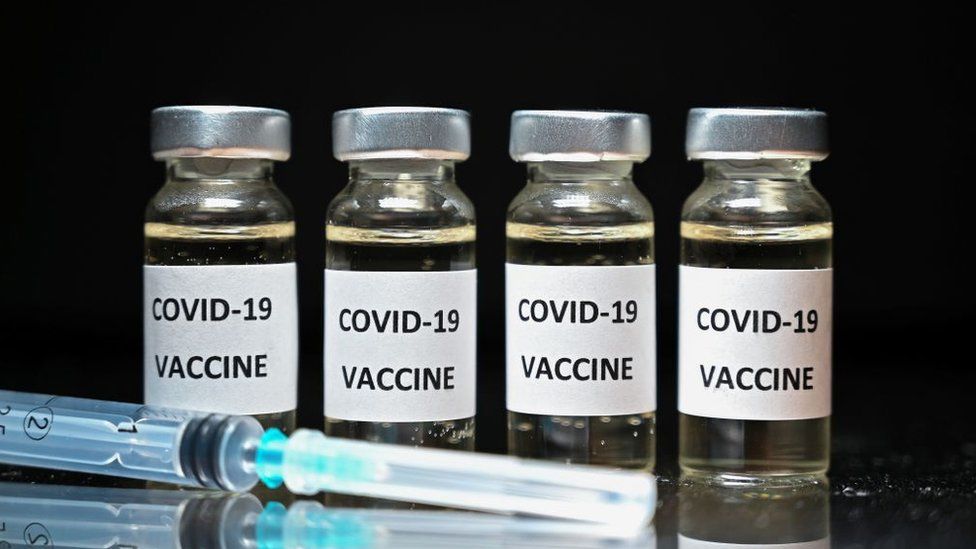
It is manufactured by Valneva, using more traditional technology – similar to how polio and flu shots are made.
It contains a whole copy of the virus which has been inactivated, so that it can’t cause the disease but does teach the body how to fight it.
The UK was due to receive 100 million doses of the jab, but the government cancelled the deal in September due to a “breach of obligations”.
The French company strenuously denied the government’s accusation.
Dr June Raine, chief executive of the UK’s Medicines and Healthcare products Regulatory Agency, said the approval followed “a rigorous review of the safety, quality and effectiveness of this vaccine”.
As with the AstraZeneca and Pfizer vaccines, it is designed to be given as two doses.
Professor Sir Munir Pirmohamed, from the Commission on Human Medicines – which led the review – said: “We have advised that the benefit risk balance is positive. The vaccine is approved for use in people aged 18 to 50 years, with the first and second doses to be taken at least 28 days apart.”
The jab developed by Valneva, which has a factory in Livingston near Edinburgh, is the sixth Covid-19 vaccine to be granted an MHRA authorisation.
In trials, blood results from volunteers who received the jab had high levels of neutralising antibodies against the pandemic virus.
It outperformed the AstraZeneca vaccine on this measure in head-to-head tests.
Experts say it is possible that by using the whole virus – rather than just the spike protein – the vaccine may be more useful against future emerging variants of Covid.
Prof Adam Finn who ran the trials said: “On behalf of all the participants in the clinical trials which underpinned this authorisation, which were conducted in the UK, and all of the clinical and laboratory teams involved, I’d like to express our delight that this vaccine has now been approved.
“This vaccine has an important role to play in the ongoing global effort to combat the pandemic.”


